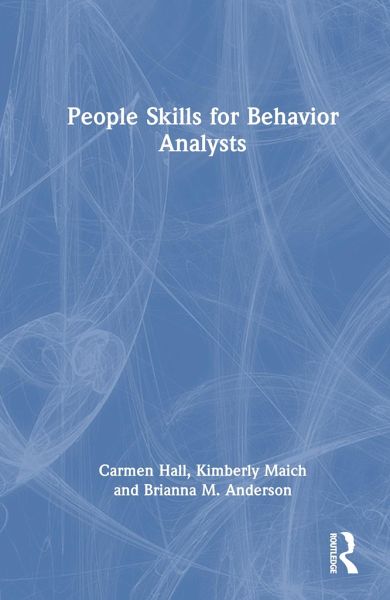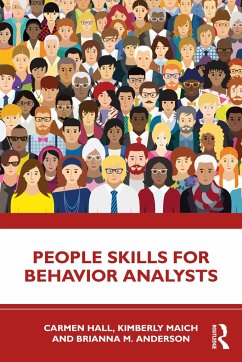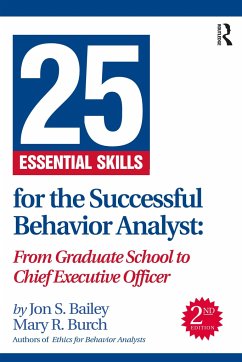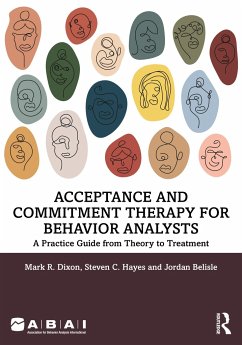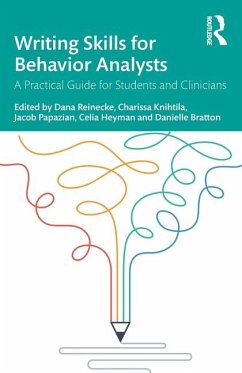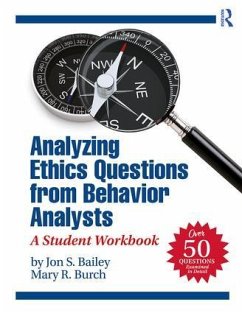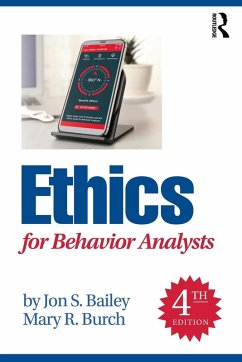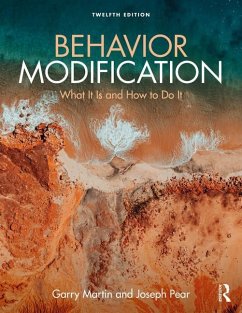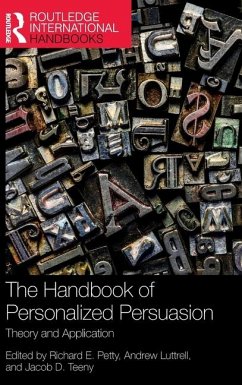People Skills for Behavior Analysts
Versandkostenfrei!
Versandfertig in 1-2 Wochen
Weitere Ausgaben:

PAYBACK Punkte
86 °P sammeln!




People Skills for Behavior Analysts provides a much-needed introduction to the people skills needed to succeed as a behavior analyst.
Carmen Hall, PhD, BCBA-D is an assistant professor in the Master of Professional Education, ABA Program at Western University, a professor in the Autism and Behavioural Science Graduate Certificate at Fanshawe College, and co-owner and Clinical Director of Looking Ahead Clinical Services, delivering ABA services to children, youth, and adults with developmental disabilities and autism in Ontario, Canada. Kimberly Maich, PhD (Cognition & Learning), OCT, BCBA-D, C Psych is a professor in the Faculty of Education at Memorial University of Newfoundland in Canada and an assistant professor (standing appointment) in the Master of Professional Education (ABA) at Western University. She is a certified teacher, board-certified behaviour analyst (doctoral), clinical, school, and registered psychologist, owner of Exceptionally Yours Psychological Services, and co-owner and director of Insight Therapy and Assessment Services, Inc. Brianna M. Anderson, MPEd, BCBA is a PhD student in the Child and Youth Studies program at Brock University. She is also an instructor in the Master of Professional Education (ABA) Program at Western University and professor in the Autism and Behavioural Science Graduate Certificate at Fanshawe College, Canada. As a SSHRC-funded researcher, Brianna is currently evaluating behaviour-based interventions for addressing obsessive compulsive behaviours in children with developmental disabilities.
Produktdetails
- Verlag: Taylor & Francis Ltd
- Seitenzahl: 354
- Erscheinungstermin: 13. November 2023
- Englisch
- Abmessung: 235mm x 157mm x 24mm
- Gewicht: 634g
- ISBN-13: 9781032292243
- ISBN-10: 1032292245
- Artikelnr.: 68474146
Herstellerkennzeichnung
Libri GmbH
Europaallee 1
36244 Bad Hersfeld
gpsr@libri.de
Für dieses Produkt wurde noch keine Bewertung abgegeben. Wir würden uns sehr freuen, wenn du die erste Bewertung schreibst!
Eine Bewertung schreiben
Eine Bewertung schreiben
Andere Kunden interessierten sich für




